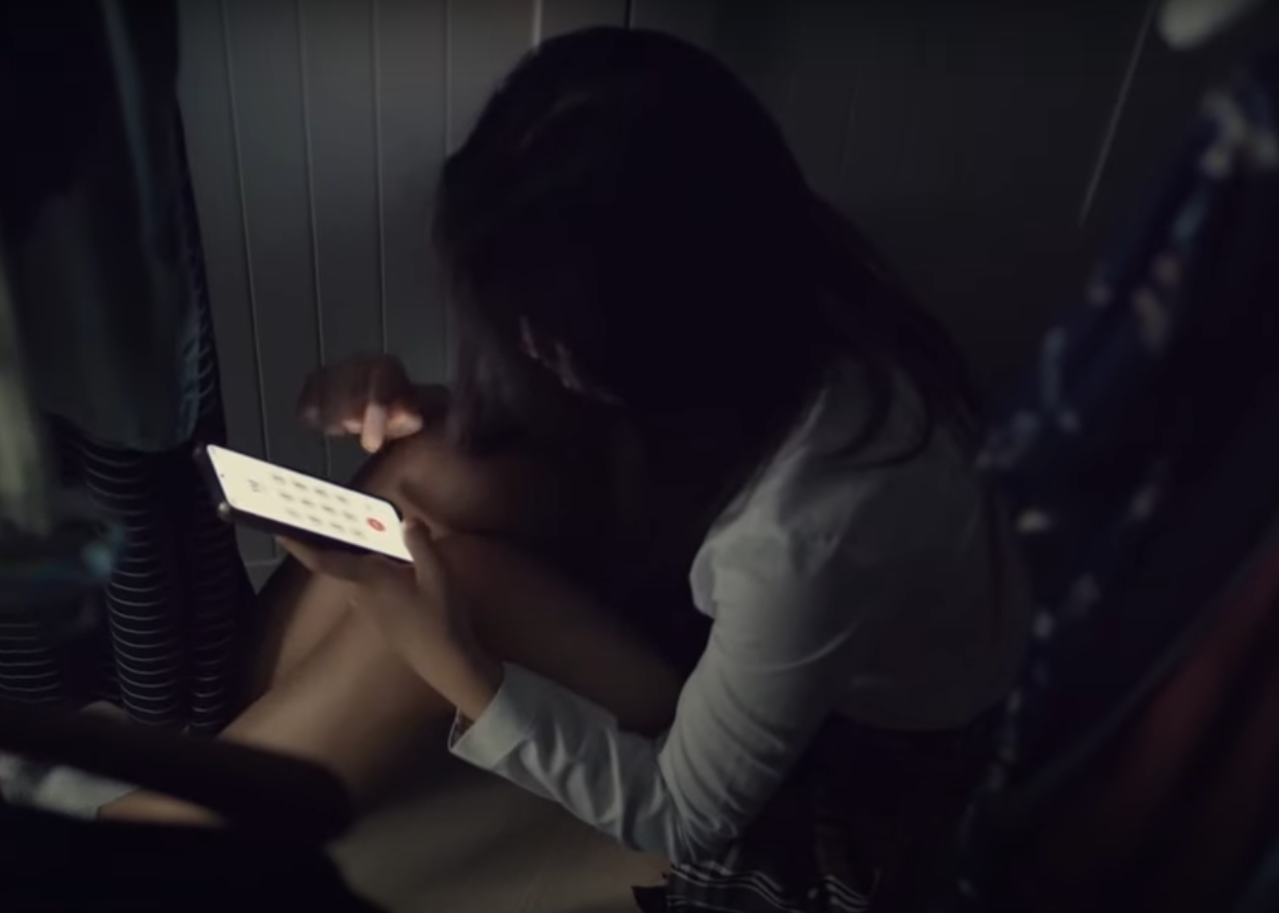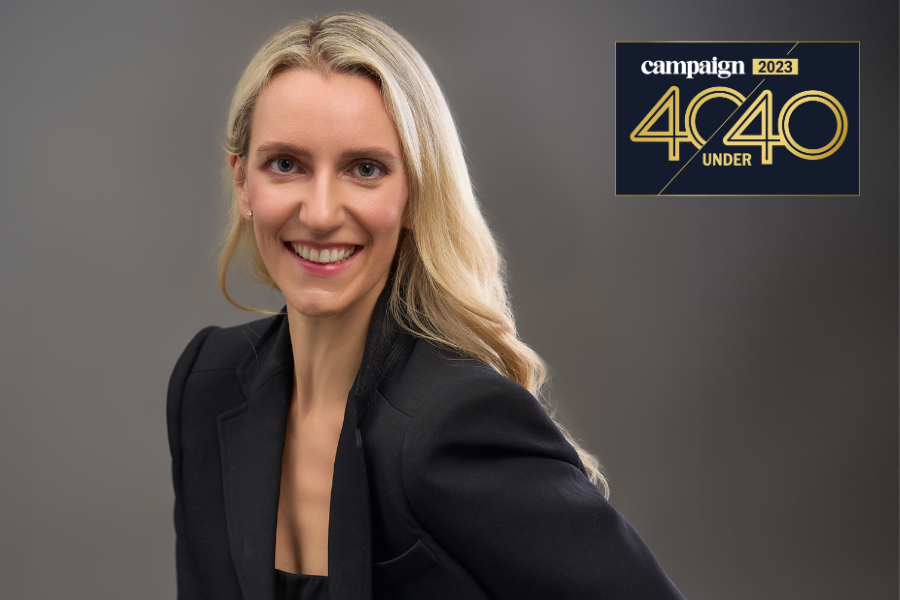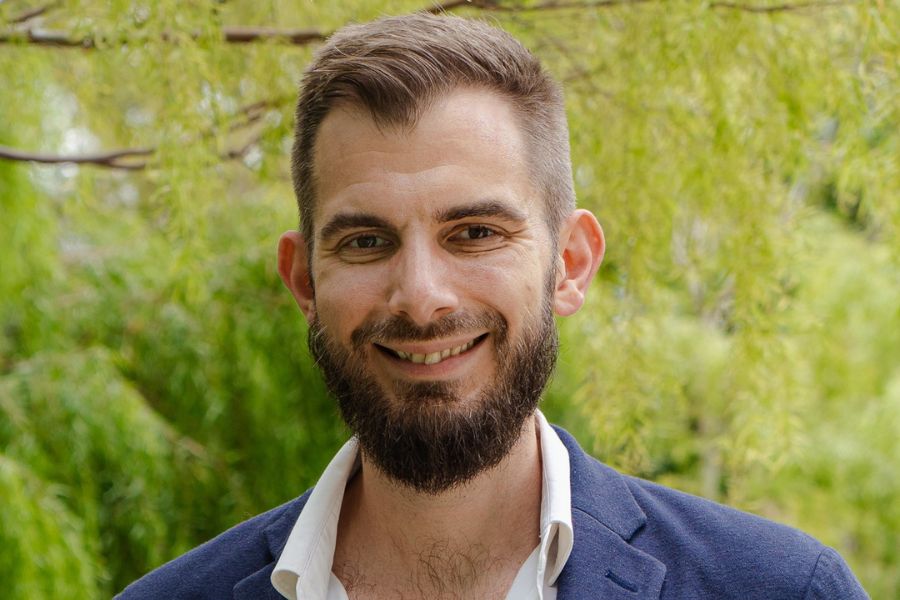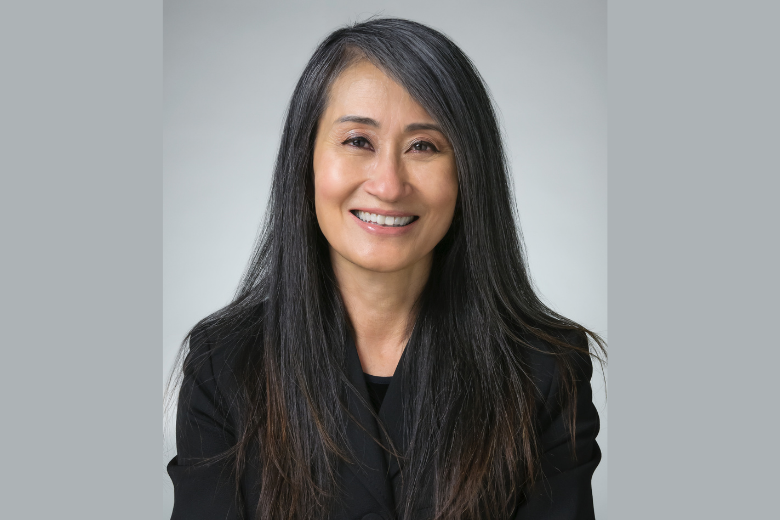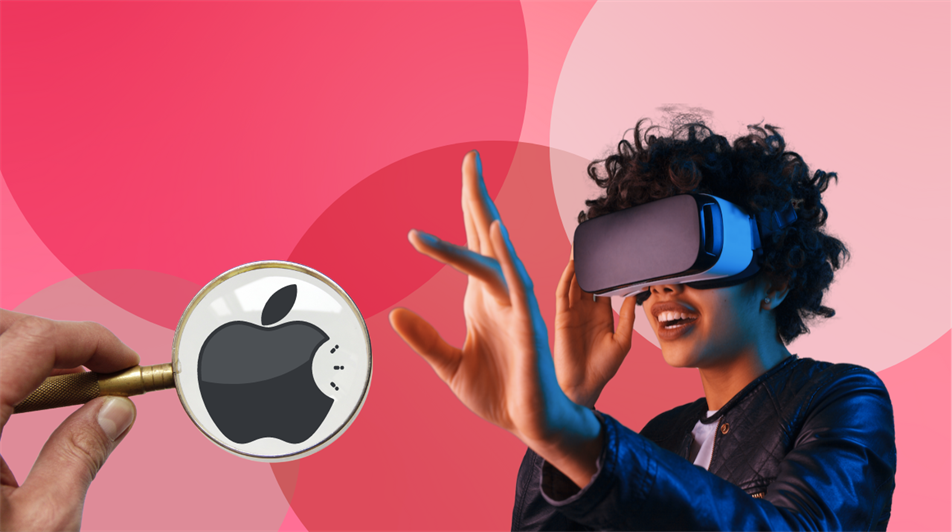The economic repercussion by COVID-19 has brought in one of the worst quarterly slumps for GDP growth in the Philippines since 1981, pushing the economy into a recession as the second quarter GDP this year contracted by 16.5% as compared to 0.7% shrinkage in GDP in Q1 2020.
The consumer confidence index declined to 113 in Q2 2020, down 20 points from CCI[1] levels at 133 in Q4 2019 amid rising concerns on job security and the economy. For nearly half (48%) of Filipino consumers’ top concerns was health, followed by economy (32%), and job security (30%) as the pandemic persists in the country. Most consumers prioritized purchasing in-home essentials consequently reducing spends in products and services falling under communication, apparel and dining out.
As consumers’ lives are treading to the new normal after the enhanced community quarantine (ECQ), some of the lifestyle changes focused around immunity, safety and health set during lockdown have found place into daily routines and habits as an impact of covid-19. Nielsen survey revealed that a vast majority of consumers (89%)[2] are concerned about the virus for themselves and their family. The fear of a second wave of infection, hotspots and partial lockdowns have reinstated in the minds of consumers.
FMCG industry in the Philippines has declined by 11.4% in value during Q2 2020 versus 8.5% growth in the same period last year[3]. While food (down 11%) and non-food (down 12.7%[4]) items are also impacted with decline in sales, vitamins sales have exceptionally increased over 30%[5] in the second quarter this year as compared to - 3.7% sales during the same period last year. Categories such as food and dairy (up 11.4%)[6] continued to feature in Filipino consumers’ repertoire of essential FMCG basket, while body care and hair care sales declined by nearly 17%; sales of beverages (down 12%) and snacking items also declined (down 6%).
Nielsen’s latest study ‘Covid-19 Behavioural Reset’ predicts that with the probable second wave of the virus consumers will be constrained to spend on FMCG and will therefore scrutinize their purchases and seek value from their purchasing, wherever possible. This will potentially evoke a sense of seeking additional benefits from FMCG products given that in-home consumption is on the rise and shopping trips have reduced in an effort to reduce exposure from the virus.
FMCG brands need to reconsider their portfolios and recalibrate their strategies in order to meet the evolving needs of consumers. One of the biggest challenges for brands will be to communicate their relevance in post Covid times and also capitalise on in-home product innovation opportunities. Also with proximity and convenience gaining significance in consumers’ lives for shopping preferences, retailers need to adjust the pack sizes and assortment of products to accommodate the newly reset FMCG basket.
[1] CCI - Consumer Confidence Index by The Conference Board Global Consumer Confidence Survey conducted in collaboration with Nielsen
[2] Nielsen Philippines Study: Understanding the Impact of COVID-19 on Consumer Behavior Post ECQ
[3] Niesen Philippines Retail Index | Packaged & Branded FMCG | Excludes cigarettes
[4] Nielsen Retail Index
[5] Nielsen Philippines Homepanel
[6] Nielsen data to June 2020 | YTD June’20 Value Growth % versus year annual


